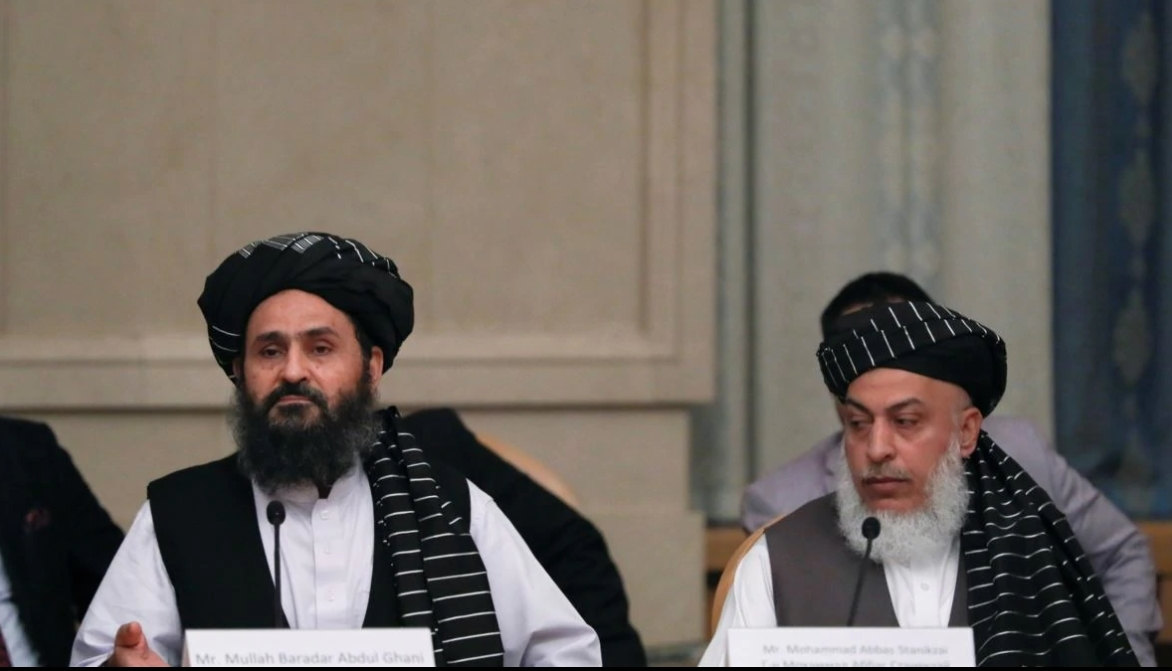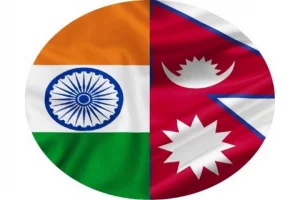External Affairs Minister S. Jaishankar is set to address the UN Security Council on Wednesday, amid a flurry of activity which took India’s top diplomat to Doha, where the Afghan Taliban have a representative office.
Jaishankar’s address will also follow confirmation that India has established direct contact with Taliban in the Qatari capital.
India and Taliban are “engaged” in talks, Mutlaq bin Majed al-Qahtani, who is the Special Envoy of Qatar’s foreign minister for counter-terrorism and conflict resolution has confirmed.
Without going into details, the Qatari envoy said that Indian delegation was in Doha and met Taliban leaders who are involved in the Afghan peace process.
“I understand that there has been a quiet visit by Indian officials…to speak with the Taliban. Why? Because not everybody is believing that the Taliban will dominate and take over, because Taliban is a key component of, or should be or is going to be a key component of the future of Afghanistan,” said Al-Qahtani answering a question from an Indian journalist in a webinar organised by the Arab Centre Washington DC on the theme “Looking towards peace in Afghanistan after the US-NATO withdrawal.”
Without divulging any detail, Al-Qahtani explained: “So, I see the reason behind having a dialogue or talks or reaching out to all parties in Afghanistan but it’s important to keep in mind that we are in a critical stage at this time, and I think if any meeting is going to take place, it should be for a major or main reason, which is to encourage the parties to solve their differences by peaceful means.”
Two weeks ago, indianarrative.com had reported on the basis of a report of the Hindustan Times that India has opened channels of communication with the senior leaders of Taliban including Mullah Abdul Ghani Baradar.
Interestingly, while the Taliban spokesperson did not make any comment, the India’s External Affairs Ministry did not deny the report and the spokesperson said that India is in contact with “various stakeholders" in Afghanistan “in pursuance of our long-term commitment towards development and reconstruction of Afghanistan.
One week back on June 15, the External Affair Minister S Jaishankar stopped over in the Qatari capital Doha for his second visit in a week and held talks with his counterpart Mohammed bin Abdulrahman Al-Thani and the US special envoy on Afghanistan Zalmay Khalilzad.
The Qatari envoy Al-Qahtani cautioned that Afghanistan should not become a place for a proxy war for other countries and it is in the “interest of Pakistan and India to have a stable Afghanistan. Pakistan is a neighbouring country. India is a country that we know has assisted a lot economically in Afghanistan and they want it to be peaceful and stable.”
Two days before, on June 19, the Taliban spokesman Suhail Shaheen had told the Indian Express that they believe in “peaceful coexistence” with their neighbourhood and region. “Pakistan is our neighbour, we have shared values and history. India is also our regional country. None can change one’s neighbours or region. We must accept this reality and have peaceful coexistence. That is in the interest of all.”
From the 2001 Bonn conference, which facilitated the formation of an interim government to take over from the Taliban, to the present day, India has maintained a broad-based approach in engaging with successive Afghan governments. India has been vocal in its opposition to the Taliban because of its close link with Pakistan's Inter-Services Intelligence (ISI).
For India, that challenge boils down mainly to Pakistan, which has weaved itself into the Afghan reconciliation process. In India’s outreach to the various Afghan players, it’s main concern about the “dangers” of Pakistani influence on Taliban could pose for India.
There are reports that all is not well between the Taliban and its long-time benefactor Pakistan, but some analysts says that this impression could have been planted by Islamabad, which continues to be the handler-in-chief for the Haqqani network. Sirajuddin Haqqani, the head of the group is known to reside in Pakistan’s Quetta area, where as another top Taliban leader is now operating from Karachi.
“In the past, Pakistan made a mistake by choosing between warring Afghan parties, but we have learned from that experience,” the Pakistani Prime Minister Imran Khan writes in an op-ed published by The New York Times on Sunday. He further writes that his country opposes any military takeover of Afghanistan and that “the Taliban cannot win over the whole of the country, and yet must be included in any government for it to succeed.”
Jaishankar visit follows an April statement where India has stated that the Afghan peace process should be Afghan-led, Afghan-owned and Afghan-controlled and any political settlement must be inclusive and should preserve the socio-economic and political gains of the past 19 years. New Delhi has also called for an immediate and comprehensive ceasefire.




















